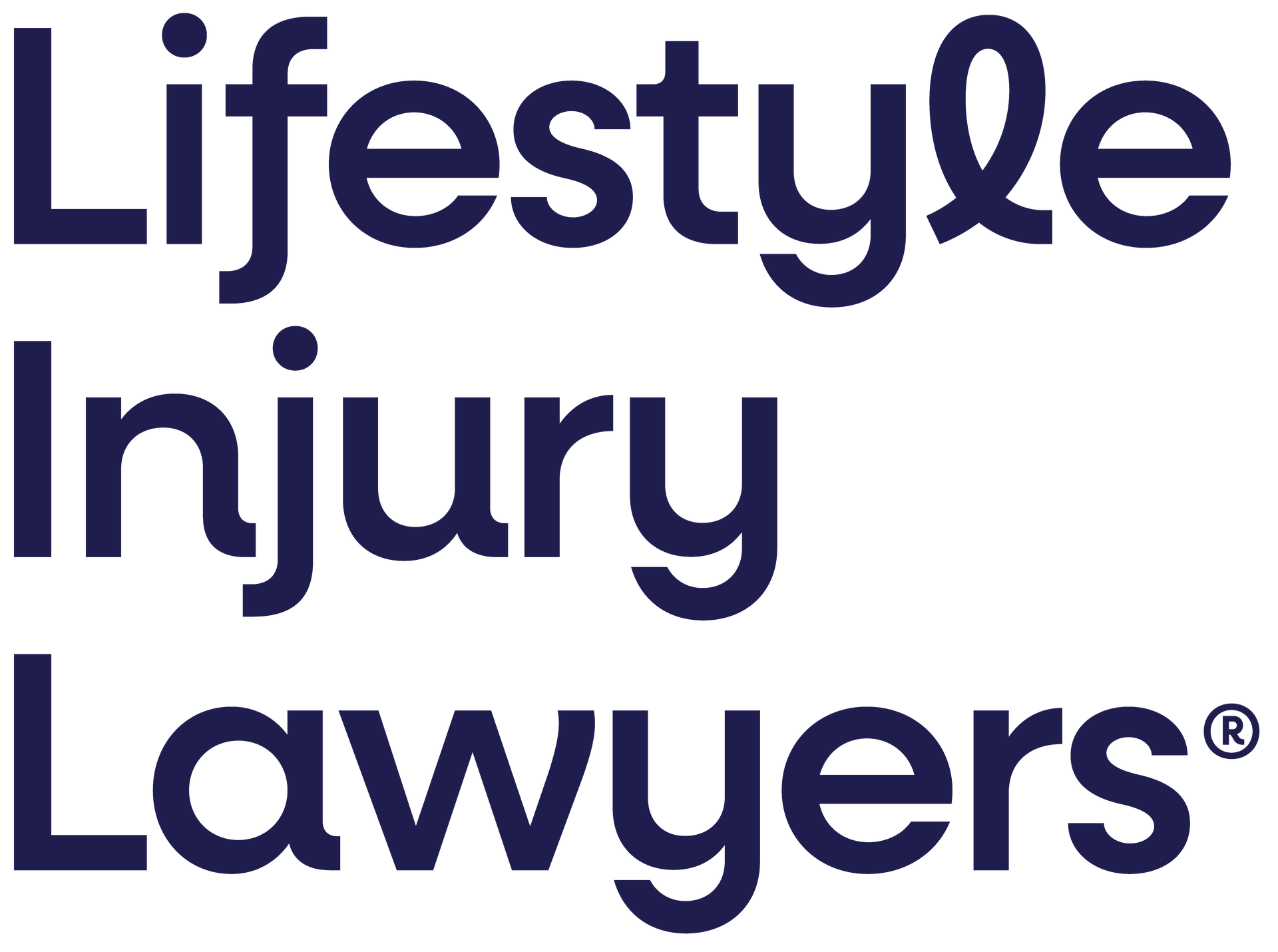I Was Injured in a Car Accident but the Other Driver Left the Scene – What Should I Do?
In most cases where a car accident occurs, the drivers involved will stop, acknowledge what has happened and swap contact details so that claims can be made to insurers for the resulting damage.
If people are injured in the accident, it’s a legal obligation for those involved in the accident to remain at the scene and render assistance, as well as contact emergency services to report the accident. Fines and even imprisonment can result if someone leaves the scene of an accident when another person is injured or worse.
Unfortunately in many accident situations, people panic. Some drivers involved in a car accident will simply keep driving, particularly if they feel they were at fault in causing the incident, rather than face up to their obligations. What are the options for a driver or passenger injured in an accident with another road user, when that driver flees the scene?
In Australia, drivers are covered in the case of car accidents by Compulsory Third Party (CTP) insurance schemes. CTP schemes protect drivers against the possibility of a large financial burden from medical bills and other costs associated with being injured in an accident.
But in situations where the other party involved in the accident can’t be identified (or is driving an uninsured or unregistered vehicle), a person can still make a CTP claim, as we explain in this post.
Trying to identify the other driver and nominal defendant claims
Obviously, the first thing to do after a car accident is to seek medical treatment if you’ve been injured. If you have the presence of mind or are with someone who can help, it’s also advisable to take photos of the scene and get the contact details of any witnesses to the incident.
One of those witnesses may have the plate details of the car that left the scene. If this is the case, the registration details can be supplied to Queensland’s Motor Accident Insurance Commission who will be able to verify the driver’s identity and CTP insurer so that an injured person can make a claim.
But where the identity of the other driver can’t be established, an injured person can make a claim against the ‘Nominal Defendant’, a statutory body funded from a levy on premiums paid under the state’s CTP insurance scheme.
In Queensland claims against the Nominal Defendant are governed by the Motor Accident Insurance Act 1994 (‘MAI Act’). The Nominal Defendant acts in the place of a licensed insurer. The damages an injured person is entitled to pursue is the same whether the claim is proceeding against the Nominal Defendant or the CTP insurer of the at-fault vehicle.
In order to make a claim against the Nominal Defendant after an accident with a driver who can’t be identified, the accident must have occurred on a road or in a public place. Before an injured person can make this type of claim, they must demonstrate they conducted a proper search to try and identify the other vehicle, also termed ‘due search and enquiry’.
Whether the other driver was insured can be confirmed by a Department of Transport and Main Roads search. It’s important to confirm whether the other driver was insured at the time of the accident, not the time of the search.
An injured person may also need to produce details of a road traffic investigation into the accident by police, seek witnesses to the incident via a public advertisement, or gather statutory declarations by witnesses on why the registration number of the vehicle at fault could not be obtained.
If it’s discovered the CTP insurance on a vehicle has expired, a 30-day period of grace exists under the MAI Act. Any accident during this period of grace will mean any damages claim will be against the CTP insurer and not the Nominal Defendant. Once the claim is accepted by the Nominal Defendant, an injured person can begin to access the funds necessary to cover their medical and rehabilitation costs associated with the accident, as they would under the CTP insurance scheme.
A Nominal Defendant claim can also provide compensation for loss of income, pain and suffering, and domestic assistance, just as a CTP claim does.
Time limits and the importance of legal advice
Time limits are particularly important in Nominal Defendant claims. Whereas in CTP claims an injured person must provide a Notice of Accident Claim form to the insurer within nine months of the accident, notification of the claim must occur within three months of the accident for Nominal Defendant claims.
If no claim is made nine months after the accident, an injured person will be barred from bringing a Nominal Defendant claim.
Asking for the guidance of specialist is the smartest way to go about a Nominal Defendant claim when the other driver can’t be identified.
We’ll help you
with due search and inquiry and the other requirements involved in making this claim, and make sure that you get what you’re entitled to despite the fact you were in a car accident with a driver who left the scene.





